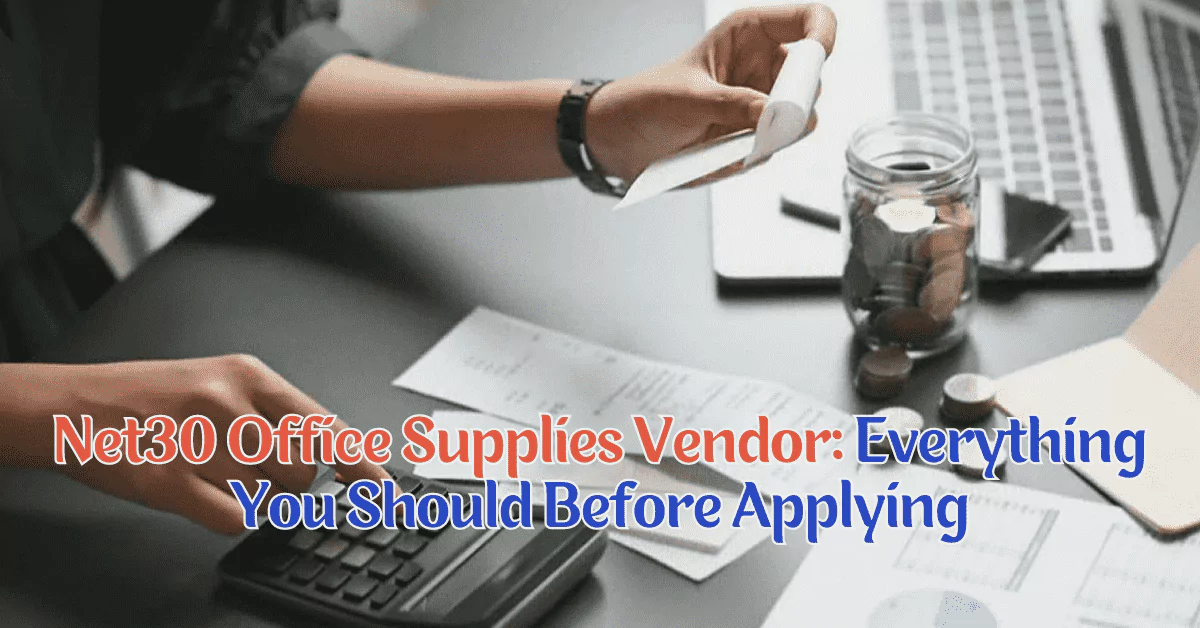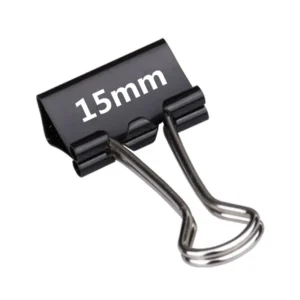Steady cash flow is crucial to a company’s profitability. Maintaining cash flow is also important in growing company credit: when business owners pay their obligations on time, their credit ratings reflect that regularity. Leveraging company net-30 accounts is one method for firms to better manage their cash flow. By utilizing net 30 accounts, businesses can extend their payment terms with suppliers, giving them a grace period of 30 days to settle invoices. This can help balance outgoing expenses with incoming revenue, reducing the strain on immediate cash reserves. Moreover, consistent and timely payments can enhance the company’s reputation with suppliers and creditors, potentially opening up opportunities for better terms or credit limits in the future. Overall, effectively managing cash flow through practices like leveraging net 30 accounts can contribute significantly to a company’s financial health and longevity.
A net-30 account enables you to make purchases from suppliers and defer payment for an additional 30 days, providing you greater flexibility while you cover other expenditures and receive payment from your consumers.
Every business, regardless of size, has to have the necessities stocked to get the work done. If office supplies account for a major amount of your company’s monthly spending, using the advantages of a Net30 account can be the right thing for your company.
What exactly does 'net 30 phrases' mean?
Net 30 terms are a “buy now, pay later” agreement providing companies 30 days to pay off an invoice for things they’ve already received. There are no interest or fees to pay if the company follows through on this agreement and pays off the loan within 30 days.
“Net 30” refers to the length of time a company has to pay an invoice or other payment before incurring late penalties. This word is commonly used in sectors where payments are anticipated monthly, however, other firms may extend this notion to any proportion of time, such as 60 days or 90 days.

What is a net 30 account?
Net 30 accounts are payment terms in which the buyer has 30 days to pay for the goods or services received.
Businesses (net 30 vendors) typically provide net 30 terms (trade credit) because they need to guarantee that they get paid as soon as feasible and that they can cover expenditures. Buyers also appreciate these terms since they provide them more time to utilize a thing before having to pay for it.
How to Get Started With Net 30?
The procedure of opening a Net 30 account is straightforward. Simply locate a Net30 office Supplies vendor who reports to at least one of the three main business credit agencies (Dun & Bradstreet, Experion Business Credit, and Equifax).
Once you’ve chosen a net 30 provider you like, you’ll need to complete an application form and submit it, along with any applicable fees.
After applying, you will receive an email confirming whether or not it has been approved.
When it is authorized, you will be granted access to your online account, where you will be able to manage your bills and payments.
The vendor will record your payment history to major credit agencies, assisting in the development of your credit score.
Important information regarding Net 30 Suppliers
- You may receive the items and services your company requires and postpone payment for 30 days, preserving cash flow.
- When your first Net 30 account submits your “tradeline” to Dun & Bradstreet, the DUNS system will activate your file if it is not already active. This is likewise true for Experian Corporate and Equifax Small Business.
- Some net 30 merchants may authorize your organization based on as little as a Tax ID number and a 411 business directory.
- Some vendors will request a first prepaid order before agreeing to net 30 terms with your company.
- You must be patient and allow time for the suppliers’ data reporting cycles to enter bureau reporting systems like DNB’s.
- To build a company credit score with DNB, you must have at least three reporting tradelines.
Common Features of Net30 Vendors
Net 30 vendors generally offer a range of features designed to appeal to businesses, including:
- Flexible credit terms, often without requiring a stringent credit check.
- A wide selection of office supplies and products.
- Online management tools for tracking orders and payments.
- Customized orders and automated reordering systems.
Understanding these features can help you maximize the benefits of partnering with a Net30 vendor for your office supply needs.
Factors to Consider When Choosing a Net30 Office Supplies Vendor
Pricing and payment terms
Price is always a vital consideration. Look for competitive pricing, but also pay attention to the payment terms. Ensure that the terms are clear and flexible enough to fit your cash flow cycle. Consider early payment discounts or late payment penalties from vendors when assessing total costs.
Product Quality and Selection
Customer service and support
Vendor Reputation and Reviews
Communication Strategies
Tracking orders and invoices
Importance of Timely Payments
Timely payments are arguably the most crucial aspect of maintaining a successful partnership with a Net30 office supply vendor. Paying your invoices within the 30-day window is essential to building and maintaining trust with your vendor. Consistently meeting your payment obligations can lead to more favorable terms in the future, such as increased credit limits or flexibility during challenging times. To avoid late payments, consider setting up reminders or automating your payments if your vendor provides that option. Remember, your payment history with your suppliers can also impact your business’s credit score, which will be critical if you seek other forms of credit in the future.
Selecting the right Net30 office supply vendor is a crucial decision for any business, impacting not just your budget but also the efficiency and productivity of your operation. When embarking on this selection process, remember to assess each vendor’s credit terms, reputation, product quality, and customer service capabilities. It’s essential to engage with a vendor that aligns with your business needs and can offer reliability, quality, and flexibility.
Credit Terms: Ensure that the Net30 terms offered are clear and beneficial for your cash flow management.
Reputation and Reliability: Engage with vendors known for their dependability and positive customer feedback.
Quality of Products: Quality should never be compromised for cost savings. High-quality supplies can increase efficiency and reduce long-term costs.
Customer Service: Choose a vendor that offers excellent customer service and can respond swiftly and efficiently to any issues or needs that arise.










